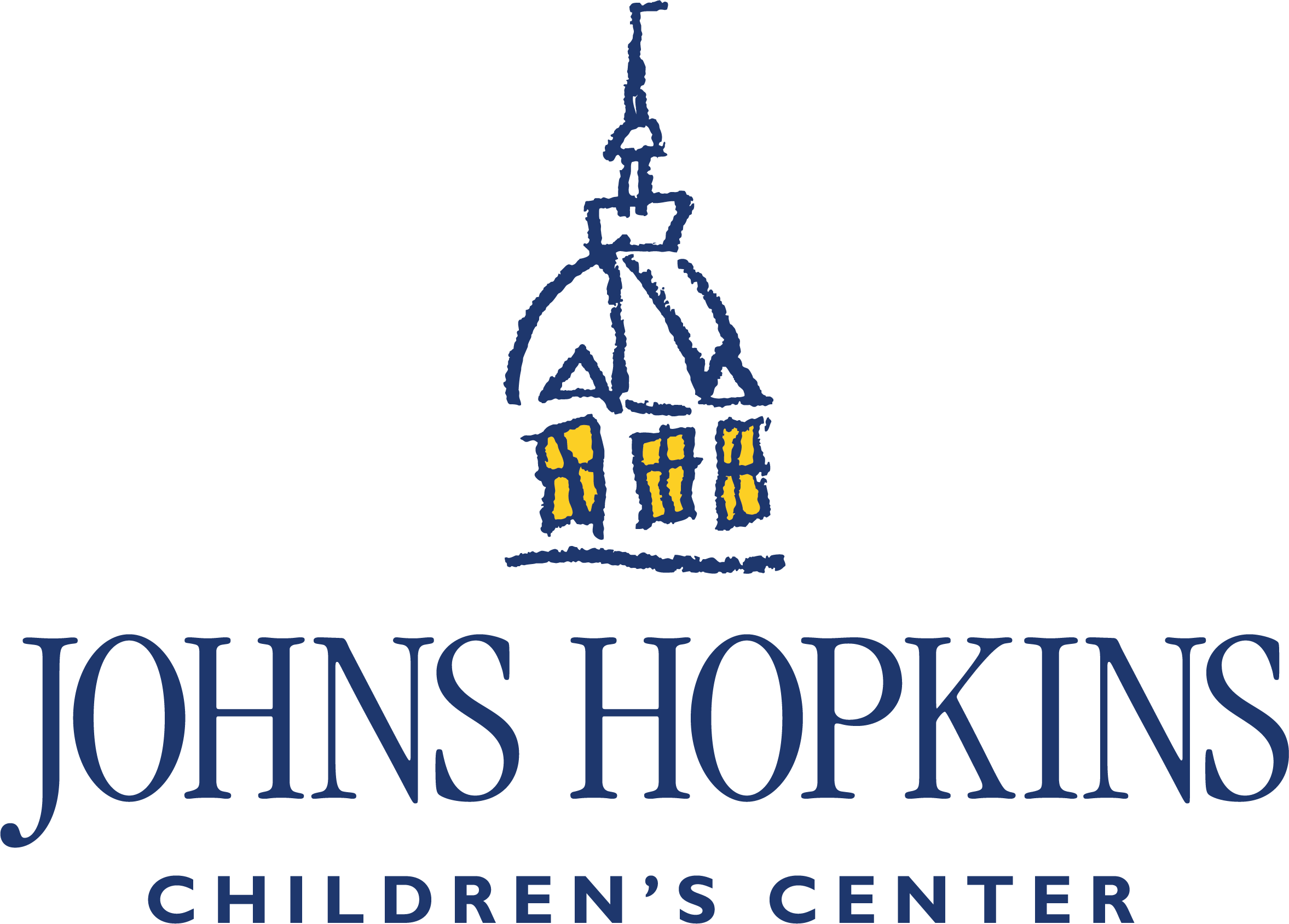Allergy and Immunology Research
The division has active laboratory-based and clinical research programs and publishes over 50 scientific papers annually. The research programs focus on inner-city asthma, the role of environmental allergen exposure in allergic disease, the natural history of food allergy, the treatment of food allergy and the pathogenesis of the immune dysfunction in ataxia telangiectasia.
The faculty in the division has diverse research interests and is actively involved in studies that will improve the care of patients with asthma, food allergy, primary immune deficiency and ataxia telangiectasia.
Dr. Wood is the principal investigator for studies of the natural history of food allergy and the treatment of egg and peanut allergy that are being conducted as a part of the Consortium for Food Allergy Research, an NIH-sponsored consortium that has been charged with improving the diagnosis and treatment of food allergy. He is also the principal investigator for a Hopkins-initiated trial on the treatment of milk allergy, as well as studies on cat allergy and vaccine safety.
Drs. Wood and Matsui have leadership roles in the Inner-city Asthma Consortium, a network that was formed in 2003 to combat the inner-city asthma epidemic. Additionally, Dr. Matsui is the principal investigator for several additional childhood asthma studies, as well as an investigator in the Center for Childhood Asthma in the Urban Environment, an National Institute of Environmental Health Sciences and Environmental Protection Agency-funded center that studies the role of environmental exposures in inner-city asthma.
Dr. Lederman is funded by the Ataxia Telangiectasia Medical Research Foundation and conducts clinical and laboratory-based studies with the primary aim of elucidating the mechanism of IgA deficiency in A-T and improving the lives of patients with A-T.
Food Allergy Research
The dramatic rise in all types of allergies in the past 20 to 30 years, including food allergies, is striking. There is evidence that peanut allergy has doubled just in the last five years. A recent report from the Centers for Disease Control and Prevention estimates that all food allergies are on the rise and three million children in the United States — including nearly 8 percent of young children — now have at least one food allergy.
Currently we are asking for your support for the world’s first study on the treatment of wheat allergy.
Renowned food allergy expert Robert Wood, M.D., chief of the Division of Allergy and Immunology at Johns Hopkins Children’s Center and author of Food Allergies for Dummies, was the first to show that some children do outgrow peanut allergy. Our investigators have now shown that, contrary to popular belief, milk and egg allergies are outgrown much more slowly than previously thought and that a great number of children never outgrow them.
Dr. Wood is the principal investigator of 20 different research studies and a co-investigator in five other studies. All are directed, in one way or another, at addressing the critical challenges of asthma and food allergies.
Current Research and Planned Trials
- Immunotherapy for the Treatment of Food Allergy
- In 2007, Dr. Wood initiated a study of oral immunotherapy (gradually increasing the exposure to the allergen by mouth) for children with severe, persistent milk allergy. This was the world’s first study of its kind and it produced dramatic results, showing that the average child could tolerate over 100 times more milk after the treatment — and some appeared to be completely cured. A second milk study took place in 2008, demonstrating that oral immunotherapy is superior to sublingual (placing allergen extract under the tongue) treatment. A third study began in 2011 and is focusing on the potential value of combining oral immunotherapy with an anti-allergy medication called Xolair®. This study is still underway.
- In 2010, Dr. Wood began a study of both oral and sublingual immunotherapy for peanut allergy, a unique combination that had never been studied for this highly prevalent and potentially deadly allergy. This study was recently completed and will be submitted for publication in the near future. In addition, two new, exciting studies just started in 2013
- The world’s first study of oral immunotherapy for wheat allergy
- A study of peanut immunotherapy in 1- to 3 year-olds. Now that we know enough about the safety of these treatments from studies in adults and older children, this study will help to determine whether treatment could be more effective when started at an earlier age
- The Natural History of Childhood Food Allergy: This is a series of studies conducted over the past 10 years — and which will likely continue for the next 10 to 20 years — on how food allergies behave over time, which are outgrown and which are not, and why they exist, particularly why they have become so much more common in recent years.
- The Consortium for Food Allergy Research (CoFAR): Five academic medical centers, including Johns Hopkins Children’s Center, have been funded by the NIH for another five years and charged with the task of exploring the rise in food allergy and developing the cure. Thus far, the CoFAR team has completed studies on oral immunotherapy for egg allergy (published last year in the New England Journal of Medicine), sublingual immunotherapy for peanut allergy and treatment of peanut allergy with modified, recombinant peanut proteins — a so-called peanut vaccine.
The team also has ongoing studies on the natural progression of food allergy from infancy through age 10 and an allergic disease called eosinophilic esophagitis. Two new CoFAR studies were also recently initiated:- Treating peanut allergy with a peanut skin patch
Immunotherapy for egg allergy
- Treating peanut allergy with a peanut skin patch
- The Inner-city Asthma Consortium
Eight academic medical centers, including Hopkins Children’s Center and funded by the NIH, are seeking to unravel the causes of and develop new treatments for asthma in inner-city children. In fact, Dr. Wood is the only doctor in the United States to be a principle investigator on both CoFAR and ICAC studies. Current studies in this consortium include:
- A birth cohort study of inner-city asthma
- Studies of immunotherapy for cockroach allergy, the first studies of their kind in the world
- Studies on other novel treatments for severe asthma
While some of these studies have NIH funding, it is critical to recognize that many could never happen without your support. With sufficient philanthropic funds moving forward, our dream of developing a true cure for food allergy can be realized.
How You Can Help Advance Research
Dr. Wood and his team of experts have extensive experience in clinical and laboratory research in asthma and allergy, including the development of novel allergy treatments. They are therefore especially well-equipped to take on this important challenge. A true treatment is on the horizon within this decade.
For more information on how to help fund these programs and/or the work of Dr. Wood and his team, contact the Office of Development at 410-361-6493.


